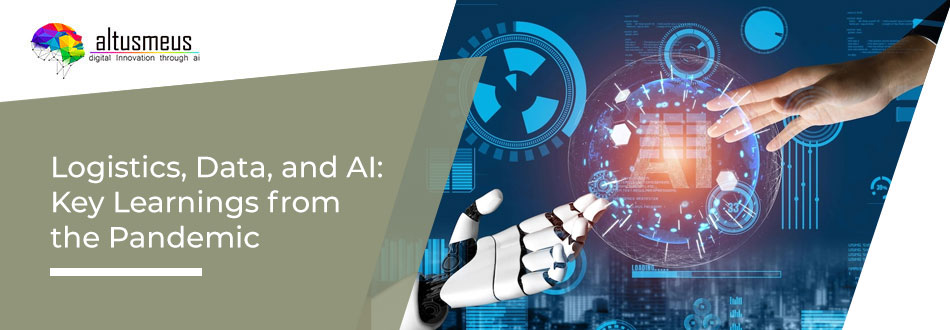As a result of the COVID-19 pandemic, businesses faced unprecedented challenges with inventory and transportation management. In this article, we explore some key learnings from the event that can help organizations better manage logistics and data in the future.
1. Improving Inventory Management
Businesses faced a particularly difficult challenge with managing inventory during the COVID-19 pandemic. In an effort to maintain supplies and reduce the risk of stock-outs, many organizations had to make difficult decisions about what products to keep in stock and what to dispose of. To improve inventory management in the future, businesses should consider using predictive analytics tools to forecast demand and supply trends, as well as implementing automated inventory management systems.
2. Data Is Key To Tackling Logistics Challenges
The COVID-19 pandemic highlighted the importance of data in logistics, as it was essential for tracking and managing inventory and transportation. By understanding how customers behave and where products are located, organizations were able to make informed decisions about how to allocate resources and respond to the pandemic.
3. Technology Can Help Manage Logistics
Organizations can improve their logistics management capabilities by using technology solutions, such as machine learning algorithms or artificial intelligence (AI). These technologies can help identify patterns in data and make predictions about future behavior, which can help organizations optimize their operations.
4. Coordinating Resources Is Critical
Organizations need to coordinate their resources in order to respond to logistics challenges effectively. Effective logistics management depends on coordinated efforts between different parts of an organization. By working together, teams can minimize waste and optimize resources to achieve their objectives.
5. Monitoring And Tracking Systems Are Key To Success
Organizations must maintain reliable monitoring and tracking systems to keep track of inventory levels and transport movements in the event of a pandemic outbreak. By monitoring these systems closely, businesses can respond quickly to changing conditions and ensure maximum efficiency during an emergency.
6. Preparing For The Future Is Essential
Organizations need to be prepared for the future by planning for potential logistics challenges. This includes anticipating changes in customer behavior, preparing for disruptions to supply chains, and developing contingency plans. By doing this, organizations can ensure that they are able to respond quickly and effectively to any disruptions.
Final Words
With pandemics on the rise, it is important for businesses to be prepared for potential logistics challenges. By working together and monitoring systems carefully, businesses can minimize waste and ensure an efficient response in the event of an outbreak.





